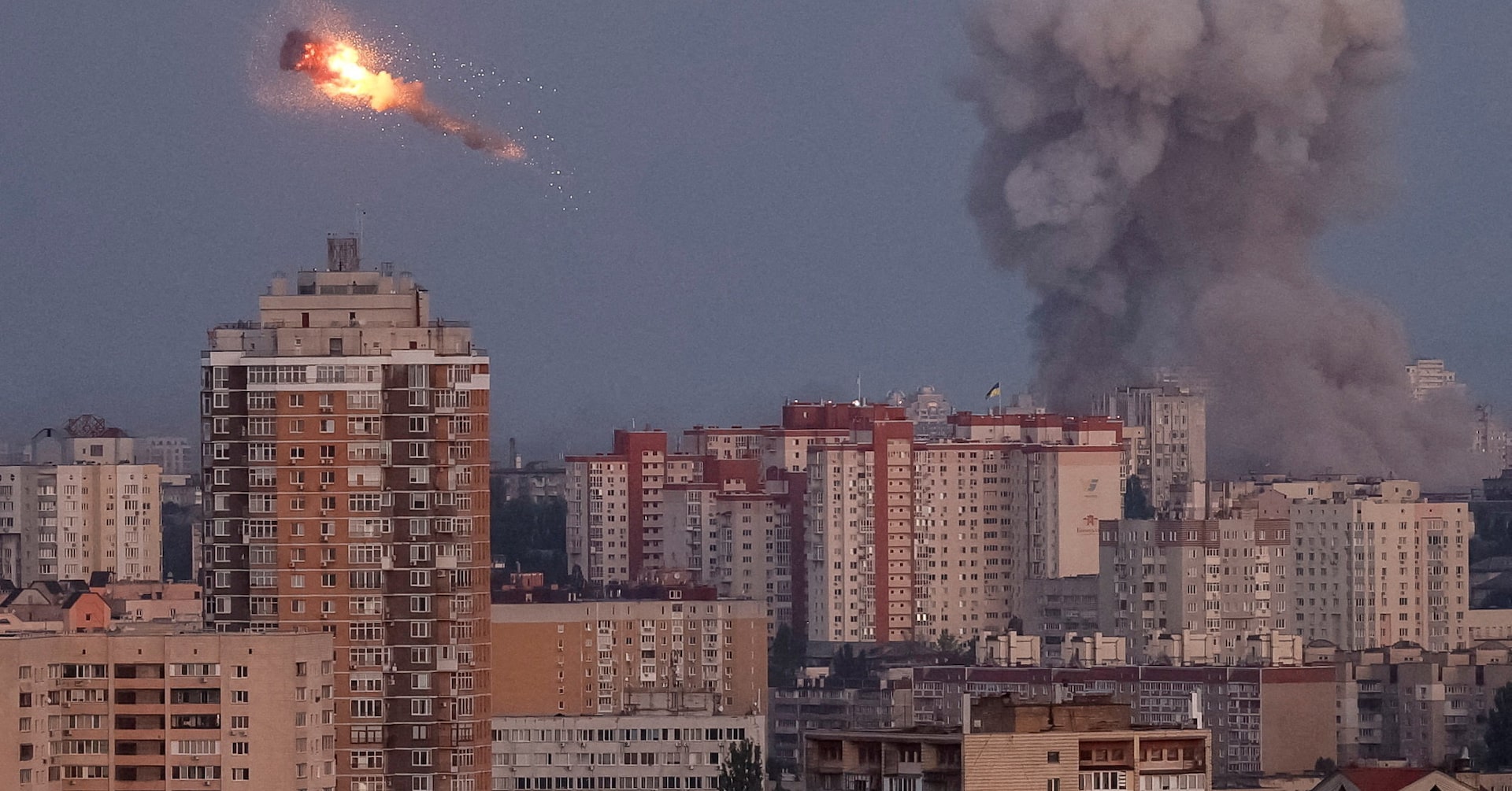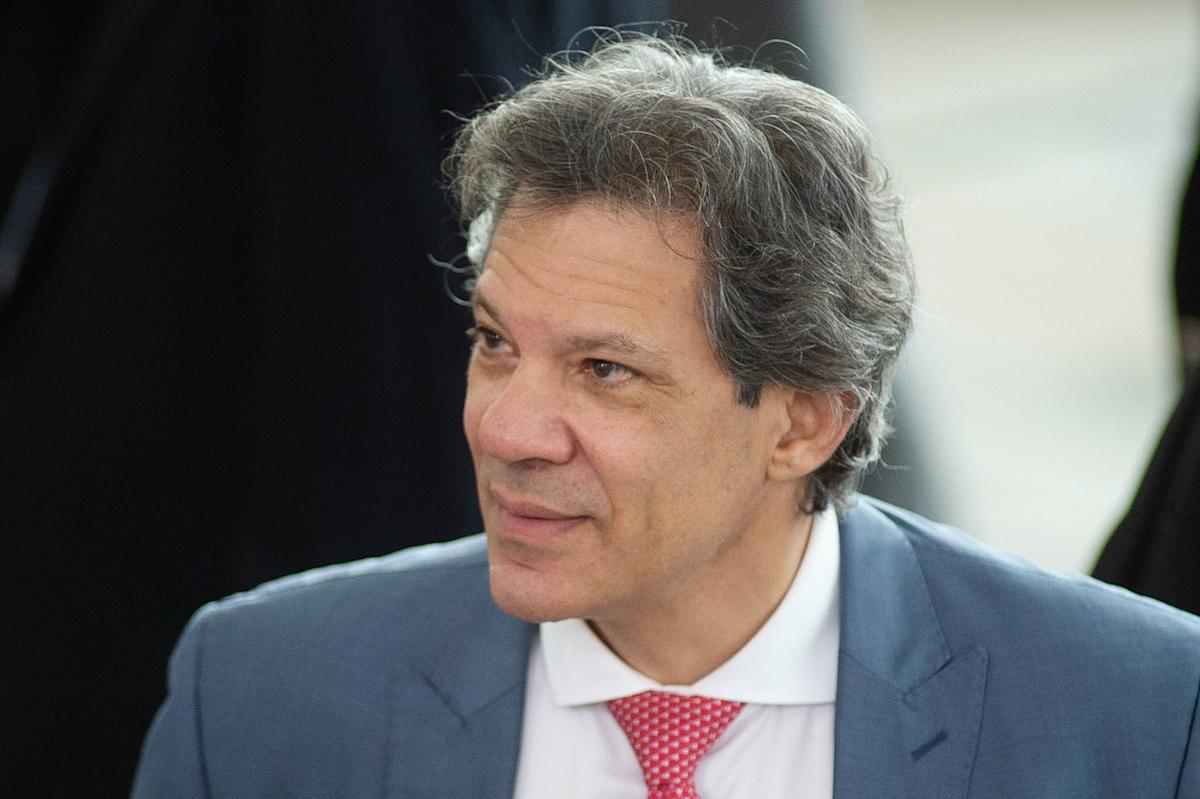Global Economic Pressure: G7 Weighs Hammer on Putin's War Backers

In a pivotal meeting on Friday, finance ministers from the Group of Seven (G7) nations deliberated on potential economic strategies to counter countries perceived as supporting Russia's ongoing military campaign in Ukraine. The discussions centered on implementing targeted sanctions and trade restrictions, including punitive tariffs, against nations deemed to be indirectly facilitating Russia's war efforts.
The Canadian finance ministry's official statement revealed the G7's commitment to applying economic pressure on countries that may be providing direct or indirect assistance to Russia. By considering such measures, the group aims to create a unified international response that could potentially isolate and discourage support for the conflict.
This collaborative approach underscores the G7's determination to use economic tools as a means of diplomatic intervention, signaling a coordinated effort to address the geopolitical tensions surrounding the Ukraine-Russia conflict. The proposed sanctions and trade measures represent a strategic attempt to limit Russia's ability to sustain its military operations through international economic networks.








